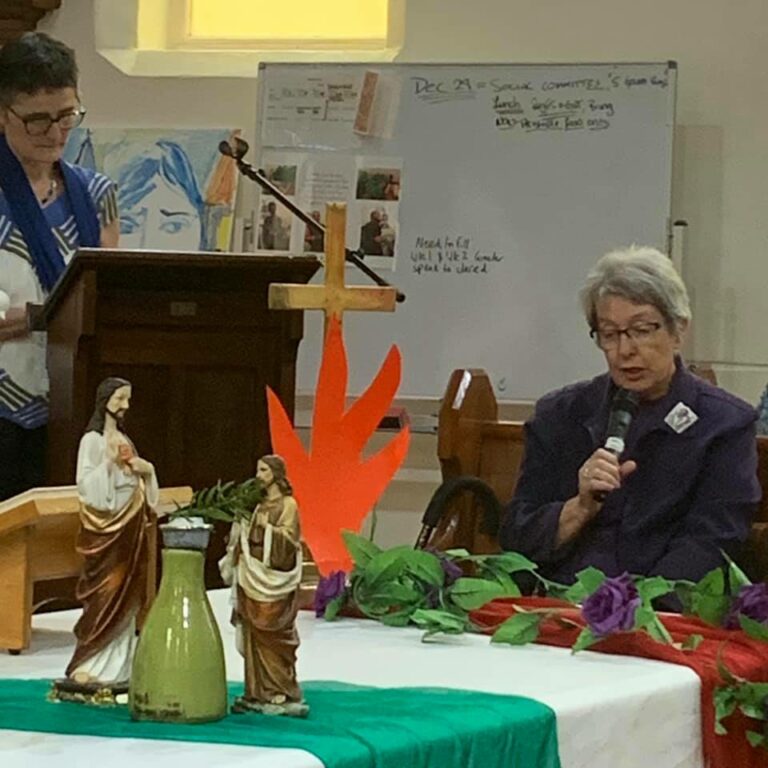Here’s an excerpt from our interview with Auburn Anglican Church, whose leader Tim Cocks and his team, build their health and vitality through initiatives such as this.
Read the conversation below.
NCLS: How does leadership work here?
TC: Hugh and I work as a team. We pastor the three congregations together as a team. There is a division of how we work, but we both love all of the people in all of our congregations, and we like working closely together. So we meet together as a staff team and talk about all of our congregations, and seek to lead the mission across the whole parish.
It is a relational type of leadership. So again it’s really important in this context. It’s important that we know the people that we are ministering to, and that they know us. I don’t think leadership in this area would work if the congregations would feel distant personally from the pastoral team. It’s not enough for them just to hear a sermon from someone that they don’t really know. I just don’t think that’s a model that’s likely to work in this context.
Hugh and I both really enjoy spending time with people in our church. I think that relational type of leadership is really important in this context. So that’s a big part of our leadership, I think. Knowing people well, listening to them carefully, knowing their stories. It’s important for the people in our churches that they know that they’re loved by us.
I think these principles do apply for ministry anywhere, but perhaps particularly in this context. And they’re going to know if they’re loved and they’re going to know if they’re not. I think people here do know that they’re loved, and so there is a healthy sense of trust in the staff team at the moment.
And of course all of this has implications for how our teaching is received. It’s very important that there is that integrity from the staff team; a team that genuinely cares for the people that we’re leading that helps our teaching ministry.
NCLS: You describe that you have paid staff and ministry leaders within the congregation, or do lay people do other roles as well?
TC: I think both of those things are true; they’re up there. There are a number of ministry leaders helping around the place, for example Bible study leaders, kid’s ministry team leaders, these sorts of things. So people are helping out with a bunch of different ministries.
Having said that, that’s a problem for us at the moment. We need to be mobilising more people into leadership. I think that’s probably a bit of a growth ceiling for us at the moment; a bit of a problem perhaps causing a bit of a bottleneck.
Part of that again is the complexity of our particular churches, with so many people with so many needs, so many issues and problems in their lives. It’s hard for a lot of people to find space to train for Christian ministry, or to take a step in serving in some significant way. So we’re really finding that at the moment.
I think a lot of people in our churches don’t see themselves as leaders. They’ve not really grown up seeing themselves as potential leaders of others, so it’s very slow work to raise up local leadership from the particular cultures that we represent in our churches.
So the reality is that Hugh and myself, and a small number of other people, do a lot of work and carry a lot of the organisational work that needs to happen in running a ministry like this. Now again that’s just a bit of a problem at the moment.
NCLS: As you speak about that need, that sounds like it’s a new problem, as if the growth rate’s created a problem. So, as the growth continues, the need for more leadership grows…
TC: Yes, that’s exactly right.







